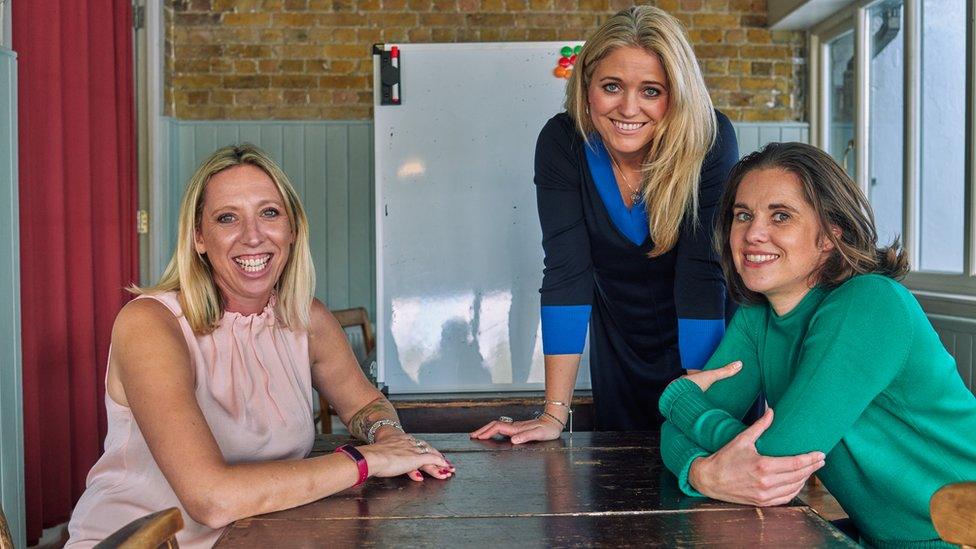Bath cancer patient's early menopause 'stark and raw'
- Published
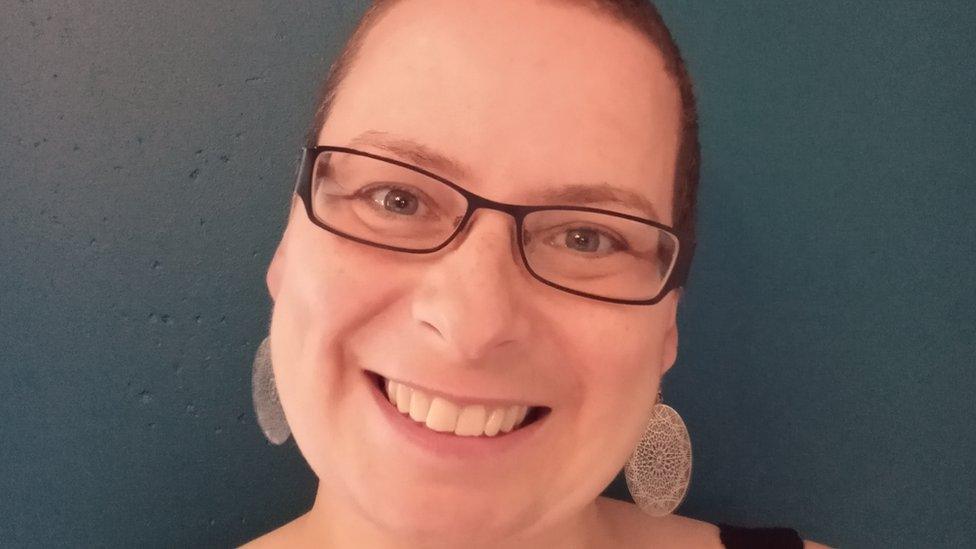
Alison Underhill wants other women with hormonally-sensitive cancers to know there is an alternative to HRT
A woman who went into early menopause after receiving chemotherapy for breast cancer says it hit her really hard.
Alison Underhill, 42, from Bath, said while she had not planned on having children, to have the option taken away was "stark and raw".
She found help from one of the few specialist Macmillan oncology menopause clinics in the country, based at Bath's Royal United Hospital.
Other cancer patients who went through early menopause want more support.
Cancer treatments, such as chemotherapy and radiotherapy, can change the way ovaries work and bring on menopause years earlier than it would have done naturally, which is normally between 45 and 55-years-old.
But for many women with hormone-related cancers, having hormone replacement therapy (HRT), which alleviates many symptoms, is not an option.
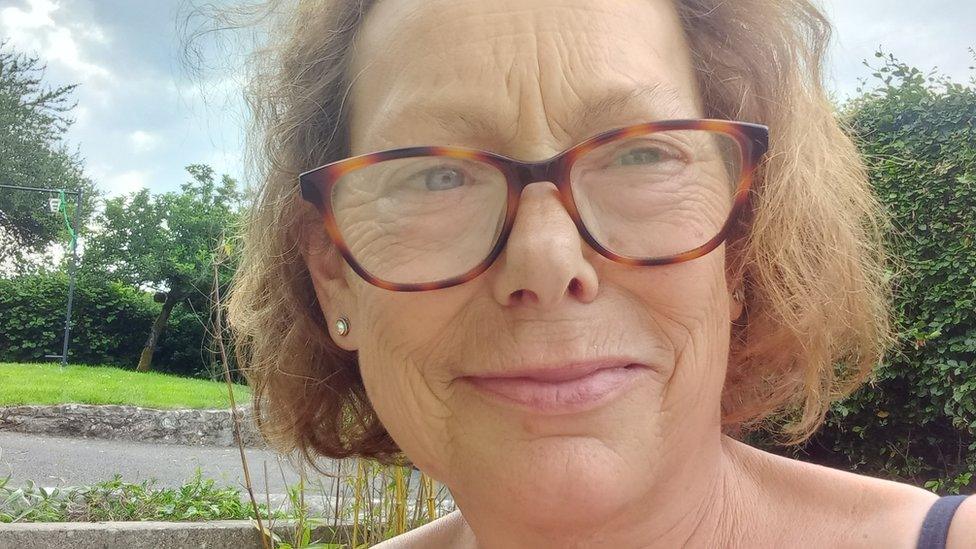
Claire Hollick went into the menopause in 2010 when she was 42-years-old
Claire Hollick, 53, from Coleford, Somerset was diagnosed with breast cancer in 2003 and said when she went into early menopause at the age of 42 in 2010, she was left "putting up with" menopausal symptoms because she was "doing the right thing cancer-wise".
But consultant Dr Rebecca Bowen, from the Macmillan oncology menopause clinic in Bath, said it is possible to tailor treatment to individuals.
She said: "Many breast cancers and a number of other gynaecological cancers can be hormone sensitive and the worry with replacing hormones is you may encourage a tumour to return or grow, so you have to be careful when managing menopause symptoms.
"But it's important to remember it is possible to manage symptoms with non-hormone therapy and non-drug treatments."
Dr Bowen admitted with very few specialist oncology menopause clinics they need a "much greater capacity" than what they can offer at the moment.
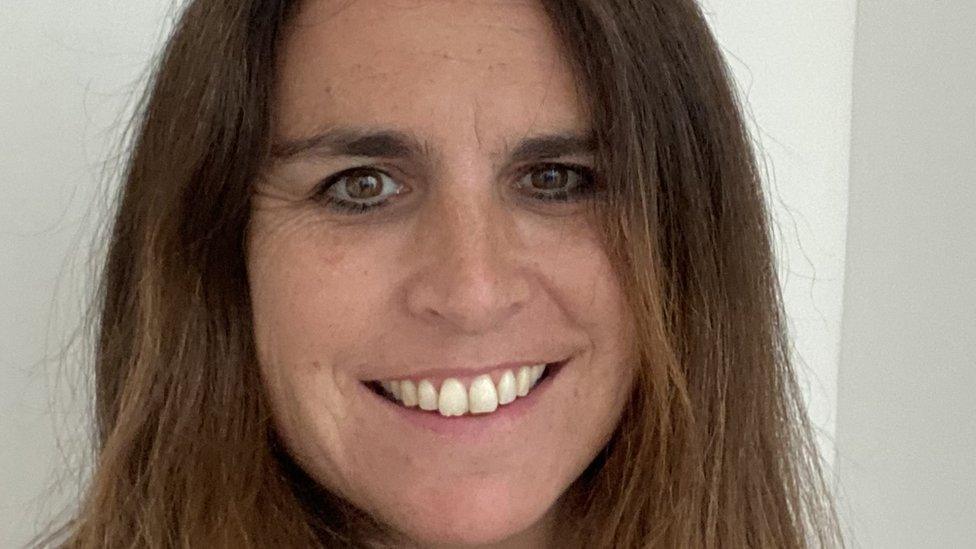
Dr Rebecca Bowen works at one of the few oncology menopause clinics in the country
Ms Underhill, who was diagnosed with breast cancer in September last year, said initially it was difficult to work out whether her symptoms were to do with chemotherapy or early menopause.
When it was clear she had gone into early menopause, she said: "Being told in very black-and-white terms you're non-ovulating at 41, hit me really hard.
"That's quite a lot of what you characterise as being a woman, to have a reproductive element to your life.
"I just saw menopause as 'periods have stopped, isn't that great', but there's a huge risk to your bones because you're going through it 10 years early."
Ms Underhill said through treatment from the specialist clinic, she was finally able to alleviate some of her symptoms and "feel my age again".
Ms Hollick added: "The fact there is this menopause clinic in Bath, I think is brilliant, that wasn't available when I was diagnosed, and that wasn't that long ago.
"[When I was going through it] it wasn't something my GP would be particularly interested in supporting me with.
"I definitely think there should be more training and support available."

Follow BBC West on Facebook, external, Twitter, external and Instagram, external. Send your story ideas to: bristol@bbc.co.uk , external
- Published5 June 2021
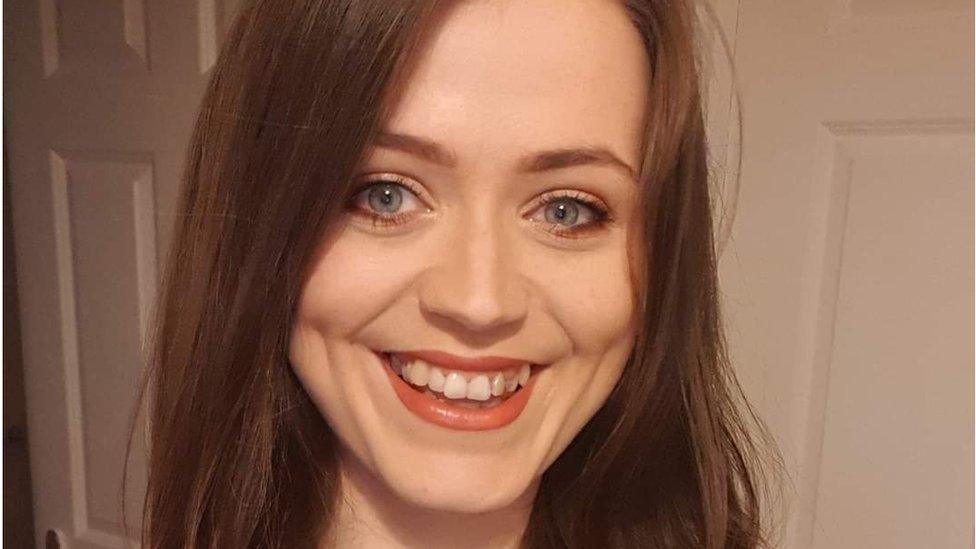
- Published16 May 2021
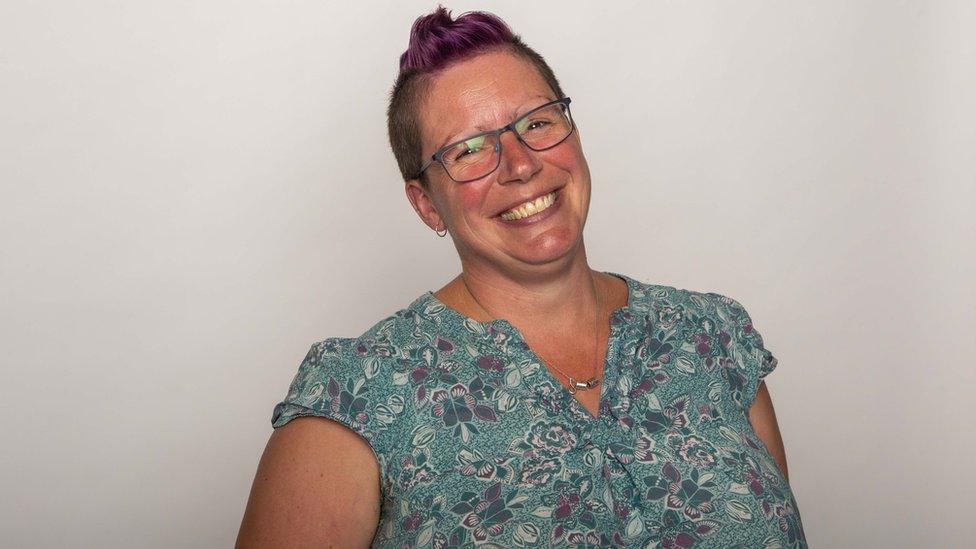
- Published1 May 2021
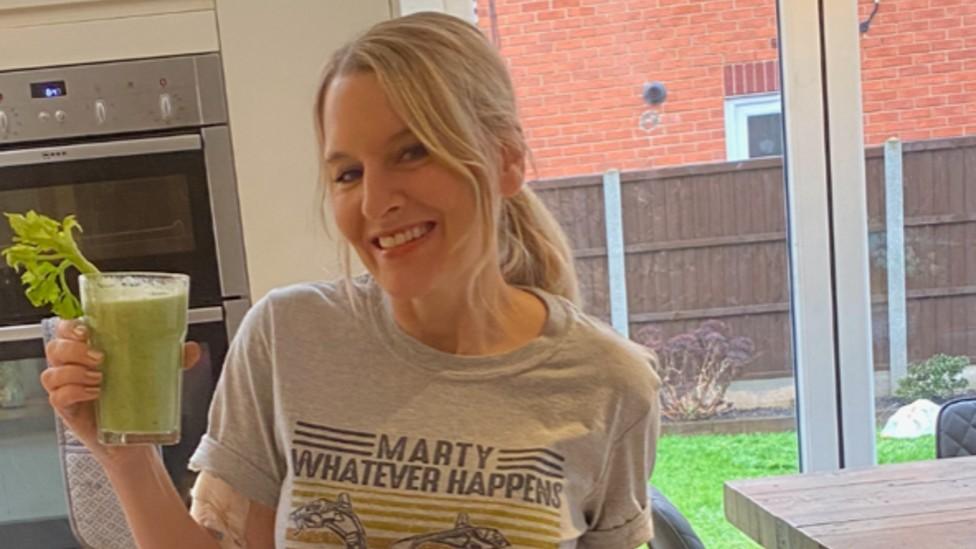
- Published23 February 2021
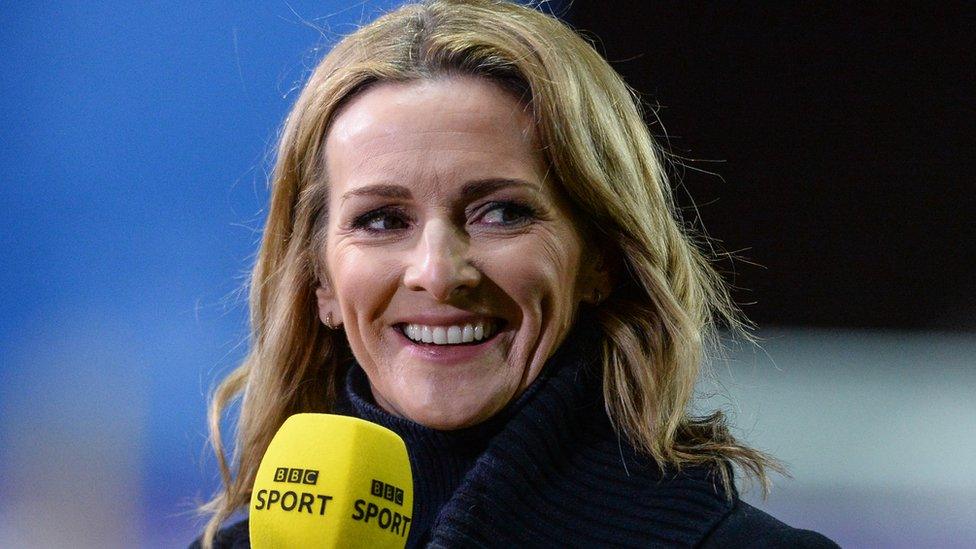
- Published28 August 2020

- Published24 January 2021
